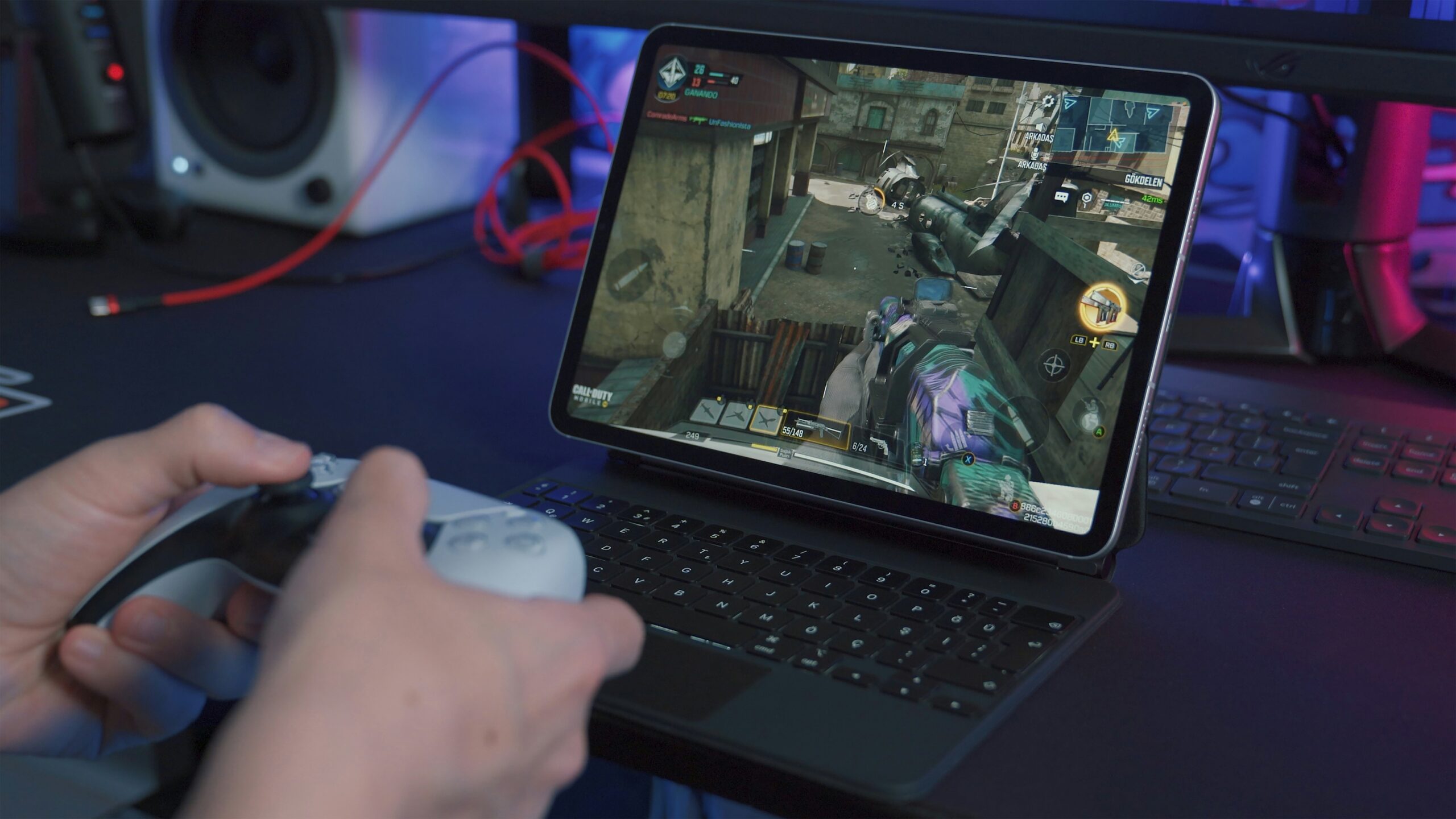In this latest episode of Before We Get There, my guest shared valuable insights from decades of experience in both the gaming industry and Brazilian Jiujitsu. With a career spanning game development and teaching, alongside years of disciplined training in martial arts, his journey provided profound lessons on perseverance, adapting to challenges, and the pursuit of personal growth. Here are the top five takeaways from our conversation:
1. The Reality Behind Dream Careers
Many aspiring professionals see the gaming industry as a dream job filled with fun and creativity. However, my guest emphasized that game development is far from just playing games or having Nerf gun battles in the office. It’s a demanding field, akin to any major software development project, with tight deadlines, budget constraints, and immense pressure to deliver. The lesson? Passion for the product must be paired with a love for the process, or the reality might fall short of expectations.
2. Perseverance Outlasts Talent
One of the most resonant themes was the importance of perseverance. In Brazilian Jiujitsu (BJJ), my guest described how he spent years returning to training despite repeatedly feeling defeated and questioning his progress. He highlighted that while natural talent is impressive, it’s often those who simply keep showing up—no matter how tough it gets—who see the most success over time. This applies broadly: resilience and the willingness to endure challenges often outweigh initial skill or talent.

3. The Transition to Teaching and New Challenges
After a successful run in game development, my guest shifted to teaching game design. This transition was driven by burnout from the high-pressure industry and a desire for a change of pace. Teaching brought its own set of challenges, including working with younger students who lacked professional experience. However, he adapted by recognizing the importance of nurturing enthusiasm and professionalism in his students, understanding that not everyone enters with the same motivation.
4. Progress Requires Ownership and Active Learning
In both game design and BJJ, growth doesn’t happen passively. My guest’s approach to continuous improvement involved taking ownership of his learning process—setting specific goals, practicing new techniques, and studying extensively on his own time. In game design, this meant meticulous testing and iteration. In BJJ, it involved trying new moves repeatedly, regardless of immediate success. The takeaway? True progress requires an intentional, proactive mindset.
5. Discipline is the Foundation for Longevity
Staying active and capable over the years comes down to discipline. Whether maintaining a clean diet to support training or knowing when to modify intensity to avoid injury, my guest’s routine highlighted that self-regulation is key. Discipline isn’t just about strictness; it’s about making choices that align with long-term goals over immediate gratification. This approach has allowed him to continue training intensively even into his late 40s.
These lessons from our conversation underscore that resilience, continuous learning, and self-discipline are what truly sustain growth and fulfillment, whether in high-stakes careers or personal passions. Embracing these values can help anyone navigate their journey, no matter the field.

